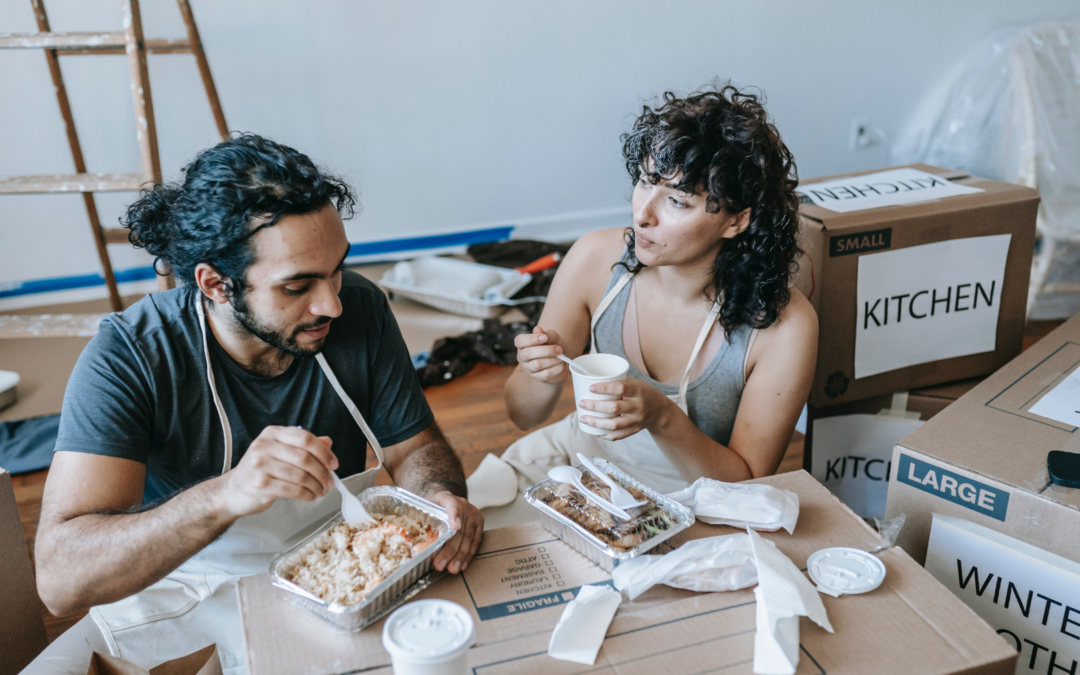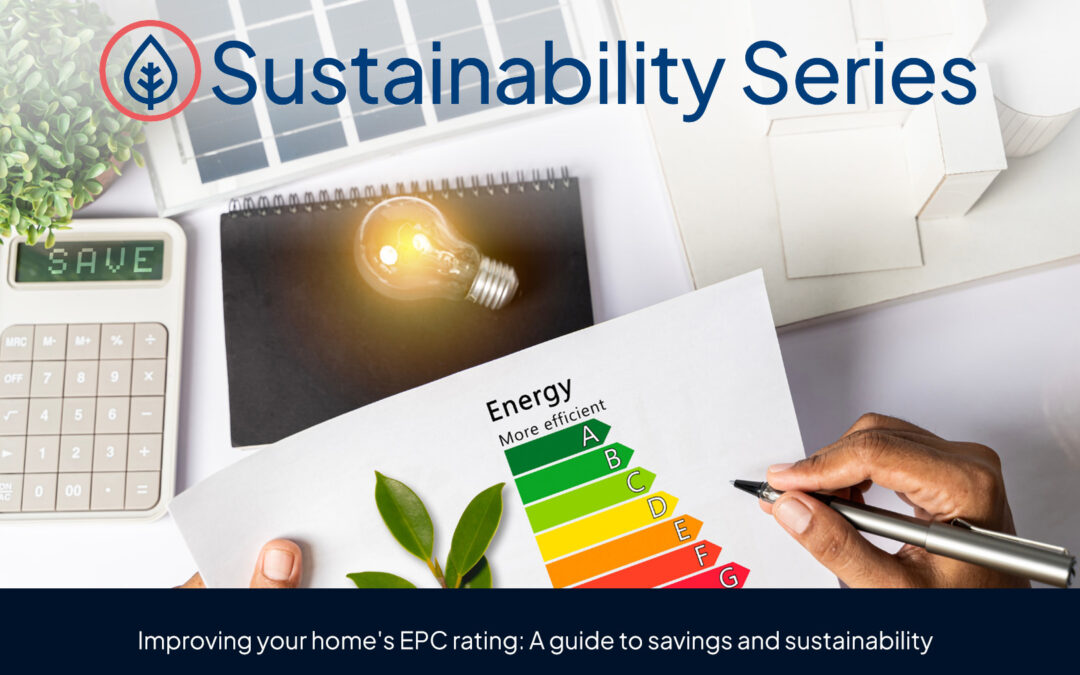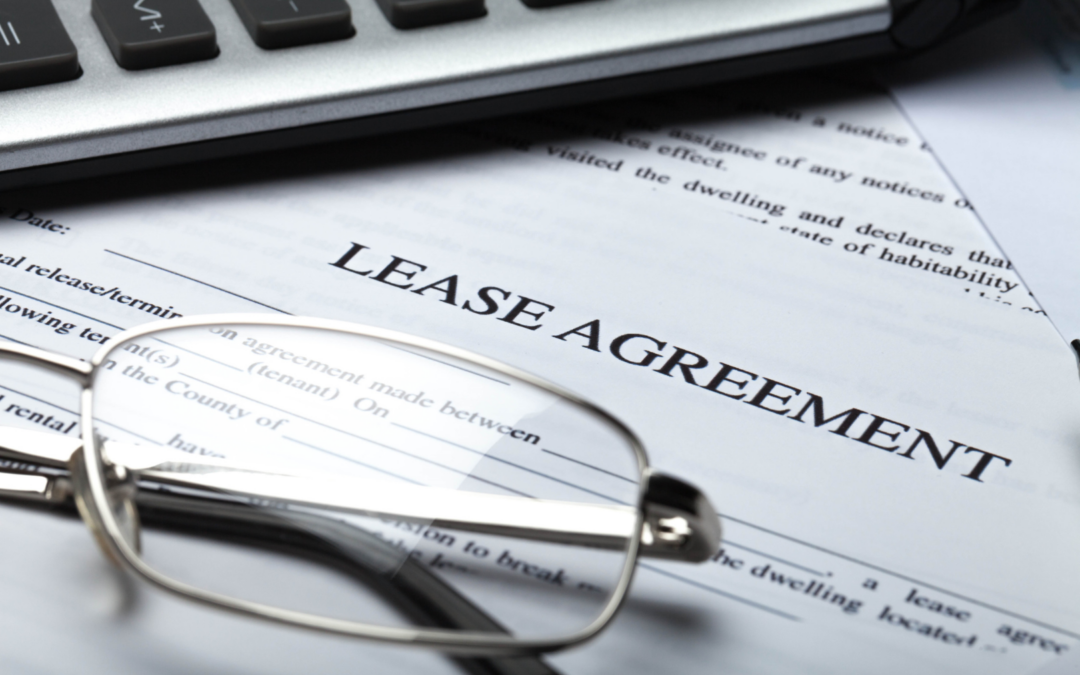It may seem like a Herculean task, but it is possible to buy a house if you are on your own.
There is no doubt the coronavirus pandemic has complicated things for the majority of would-be solo homeowners. The property market has been majorly affected by the strict measures put in place to contain the virus and many Britons have had their financial security put at risk.
At least now, the property market in England has been given the go ahead to get back to some sort of normality.
If you’re looking to buy on your own and are fortunate enough to still have a decent amount of money coming in, now could be a great opportunity to save as much of it as possible with a view to building up the largest deposit you can.
Whether you are a first-time buyer starting out in your career, recently divorced or simply have not yet had the opportunity to buy on your own, OnTheMarket has advice which could help you.
Mortgage lenders and solo buyers
Covid-19 has made many lenders reticent about new mortgage customers, with thousands of products being pulled and minimum deposit ratios lifted.
But there are those who “appreciate that people are struggling, and they are trying to help,” says independent financial advisor David Arstall, of Bailey Financial Services. There are a few things you need to be aware of first though.
“People focus on the end goal, but often they forget about the foundation stones you need to get to that point,” says independent financial advisor Abigail Brown.
If buying a home just for yourself is something you are only just starting to think about, it might be worth contacting a financial advisor to devise a savings plan. But do not assume buying a property will be impossible because of your complicated circumstances.
“Sometimes someone calls us and says they have been told they are ‘unmortgageable’. It is about understanding different lenders and their criteria, and getting creative with the solutions,” says Lisa Williams, independent financial advisor of Keys Mortgages. If you are ready to move to the next stage, here are some ideas which may help.
Consider all the costs
“People always look at the price of the property they want to buy,” says Abigail Brown. “They don’t consider solicitor fees, stamp duty, the mortgage arrangement fee, a removal van, the new sofa they need, and other peripheral costs.”
She recommends that people add 15 per cent to the purchase price to arrive at the true figure. Affordability is the first thing to consider, before looking at schemes which apply to your circumstances.
Stamp duty – is it waived or not?
Many first-time buyers assume that stamp duty will be waived, thanks to an exemption for first-time buyers. However, this only applies to homes below the price of £300,000, with a reduced rate in some other instances.
“A standard townhouse in most cities is likely to cost more than that,” Abigail Brown points out. Find out if the exemption applies to you before making your calculations.
Am I too old to buy a house?
Some schemes which are available for solo homeowners or first-time buyers only apply for the under 40s. Think about how long you intend to keep working, because that will affect how long you can extend your mortgage for.
It is still possible to benefit from certain schemes, such as Older People’s Shared Ownership which applies to the over 55s. Retirement Interest Only (RIO) mortgages can also benefit older borrowers.
What about Shared Ownership?
With Shared Ownership, you can buy a percentage of the property and rent the rest from the local authority. Some schemes allow you to buy the remaining percentile later on, though other Shared Ownership homes will always remain partly the property of the local authority.
They typically require a smaller deposit than homes bought on the open market, but be aware that you have to be able to afford your mortgage along with the rent and any service and maintenance charges put together.
There may be restrictions on changes you can make to the property, and selling can be complicated. “Sometimes people want to ‘staircase’, and buy more of the share of the home at a later date, but when income hasn’t kept pace with house prices it becomes impossible for them,” warns Lisa Williams.
- What is Shared Equity and how is it different to Help to Buy?
Under the Government’s equity loan scheme, it is possible to get a mortgage to cover 80 per cent of the price of the property and borrow the other 20 per cent. For the first five years, you won’t pay any interest on that loan. Help to Buy is a similar government scheme which was recently extended to 2023.
Read more
- What the re-opening of the property market means for mortgages
- What is an offset mortgage?
- What is a mortgage in principle?
The Government will lend the homeowners 20 per cent of the cost, in a loan which is interest-free for the first five years. “This only applies to new build homes, and there are not as many of these as there should be here in Leicester,” says Abigail Brown.
Make sure that the property you want to buy is included in this scheme. Independent financial advisor Lisa Williams warns that some properties would be cheaper if they weren’t bought under Help to Buy. “It comes at a premium,” she says.
Pocket Living
Predominantly available in London, this scheme involves micro-homes which are bought at a 20% discount for those who live and work near to the property they are buying.
How your lender will calculate your mortgage
If you buy your property outright, be aware that a lender will take a granular approach to your outgoings. “It used to be a multiple of your salary, but now they want to see the net disposable income available,” Abigail Brown says.
This can include what you currently pay in rent – so make sure you factor this in before you apply. Different lenders will have different rules, so it is worth getting an independent financial advisor to find the one which applies best to your circumstances.
Joint Borrower, Sole Proprietor
Joint Borrower, Sole Proprietor allows multiple incomes to be considered when it comes to calculating the mortgage, but their names won’t appear on the deeds. It can allow you to borrow more money if you have a deposit, but not a very high income.
“The downside is it often won’t let you go beyond a certain age,” says David Arstall at Bailey Financial Services. People with relatives who still have plenty of earning years left may find they have a greater choice of lenders for a mortgage of this type.
Should I buy with someone else?
Lisa Williams points out that some lenders will take a lodger’s income into account if you buy a place with more than one bedroom.
Siblings can also buy together, but be aware that once you sell, you would no longer be eligible for schemes for first-time buyers including stamp duty exemption, and it may be difficult for one sibling to take on the mortgage alone if the other leaves.
Think laterally
Even if the well-known schemes don’t suit you, there may still be a way. Parents and grandparents can release some of the equity from their homes under a reversion scheme.
This releases some of the value of the property which will go to the firm it is sold too after the death of the owners, who can live in it until then as tenants.
If some equity is released, this could be blended with a mortgage for a smaller percentage of the cost of the property, and work out cheaper overall. “You need to think outside the box,” Lisa Williams says.
David Arstell adds that Santander can accept mortgage applicants who take a loan for their deposit in some circumstances. “It’s about knowing each lender’s criteria,” he says.
OnTheMarket has a dedicated page for coronavirus information and advice.






